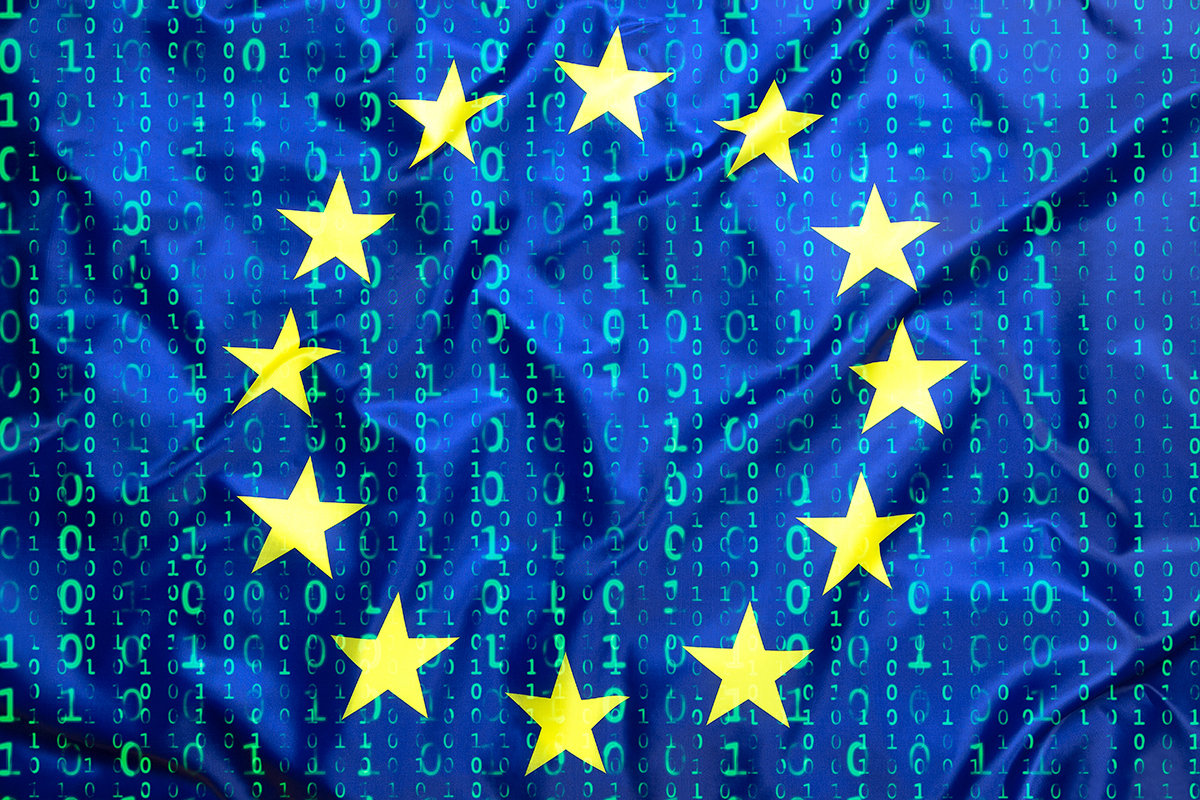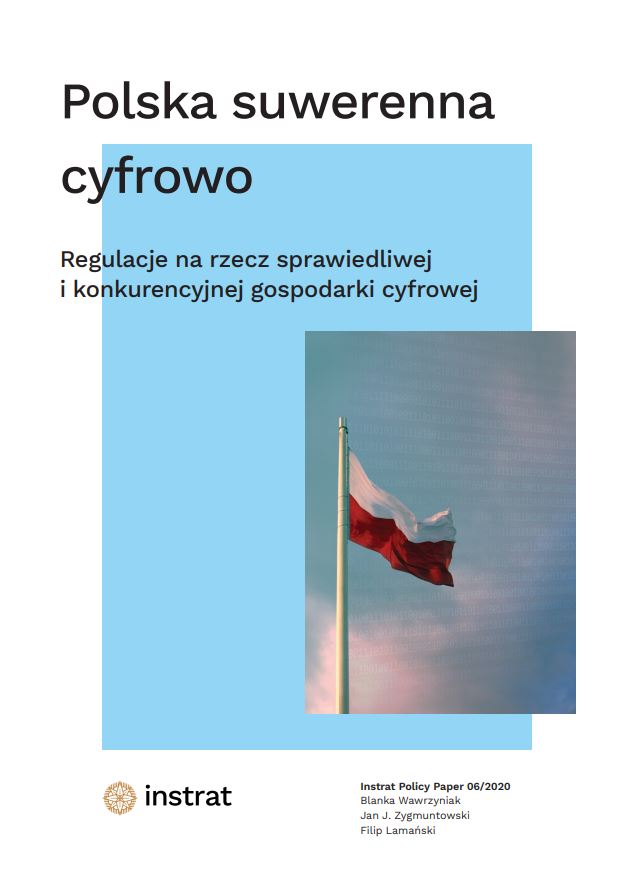The European Commission is working on legal solutions to ensure a fair distribution of the value generated from the use of data among businesses, consumers and public authorities. A few days ago, the first part of public consultations on the so-called Data Act ended.
The planned regulation is intended to complement the Regulation on European Data Governance (Digital Governance Act) and adjust the legal framework in a way that allows for more efficient data sharing. Instrat experts pay special attention to the following issues when designing the Data Act:
- The problem of energy data “lock-in” – revision of the Directive on the Legal Protection of Databases is needed. Private companies take advantage of the regulations and evade the free sharing of their collections and thus inhibit the smooth exchange of data in B2B and B2G relationships. They consider themselves not only as creators of databases, but also as their full-fledged producers. Thus, they are able to impose conditions of access to their statistics and arbitrarily decide on licenses and fees for data access.
- The problem of data monopolization by the largest digital platforms. Consider the European Commission’s high-intensity scenario of the ability of public sector bodies to enforce access to private data when warranted.
While the Commission’s main focus is on promoting data interoperability by increasing competition between cloud providers, Instrat experts point to the importance of secure data commons and the rationale for accelerating work on European data spaces. From the perspective of Internet users, the existence of the aforementioned spaces would help avoid the so-called lock-in effect, where a person does not want to transport data directly from one service provider to another. From a business perspective, the ability to transfer data to spaces verified and certified by EU authorities would undoubtedly make the process of sharing more widespread among entities that are currently concerned about the certainty and security of transfers.
Contact:
Patryk Berus, communications manager, patryk.berus@instrat.pl, +48 519 466 422





